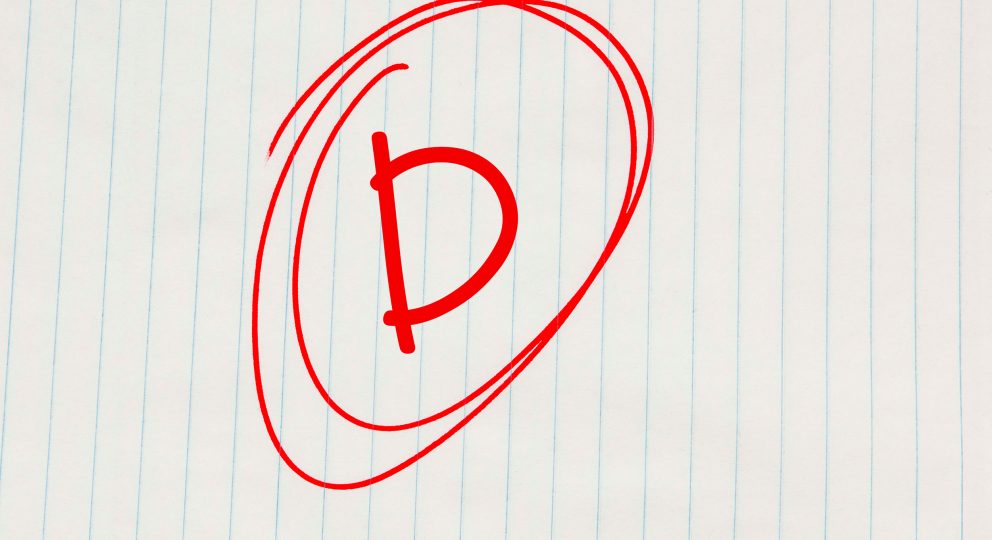The bride of my youth is delighted that I’m writing about defensiveness. She’s been chuckling under her breath at me all week. “How’s your article coming?” she asks. “I’m not exactly sure what to write,” I say. “Just write about yourself,” she teases. You see, I get defensiveness. Which is to say, I get defensive. Often.
Defensiveness, defined as any attempt to defend oneself from perceived attack, is the third of Dr. Gottman’s 4 Horsemen of the Apocalypse. Over the years, I’ve developed a special kind of expertise in all of its manifestations: righteous indignation, counterattack and whining.
Yesterday, we went to Costco to stock up for the week. When we got home, the family scattered. The kids were folding some laundry. My wife was tying up some loose ends around the house. I put the groceries away. Soup in the pantry. Milk in the fridge. Chicken in the freezer.
The family later decided that we would have the chicken for dinner and, upon discovering that I hadn’t left it sitting on the counter, my wife said, “Ugh…you’re always in such a hurry to put stuff in the freezer!” (Which was a ridiculous but sort of charming thing to say.) But then I said, “Don’t you mean, ‘Thanks for shopping for, buying, carrying and putting away all the groceries?’” (Also ridiculous but less charming.)
In case you didn’t recognize it, that’s righteous indignation, which are the ten-dollar words for getting pissy in response to someone’s perceived attack. I’m generally pretty sure that my wife is not trying to attack me, yet even her good-natured ribbing triggers something defensive in me. My indignant responses are truly unconscious. Impulsive. The impulse is to immediately refute or rebut whatever is coming my way.
As fun as righteous indignation is, my favorite way to get defensive is through counterattack. Counterattack is one step beyond indignation. It’s an escalation of conflict through scorekeeping. Whenever I feel attacked, I start planning my response. Again, it’s an impulse, designed to protect me from the next attack. If I can somehow escalate more than my opponent (i.e. score more points), I win.
I cannot tell you the number of times that this has happened: An argument starts…maybe over spilled milk. I feel attacked. I counterattack. She says, “Don’t get defensive.” I get more defensive. I yell. She yells. I yell louder. She cries. I win. We both lose. In the end, we have no idea what we were arguing about and there is still milk on the floor.
A third manifestation of defensiveness is acting like the innocent victim, often by whining. This is the sneaky one. I believe that most people who default to victimization don’t realize they’re doing it. Or they’ve disguised their whining as sacrifice. My wife calls it “swinging the door” when I do it. I totally abandon my position in the hopes that she will feel terrible and give me what I want. “Okay fine. I promise I will never ever put the chicken in the freezer before I get permission from you.” She’s smarter than me though and usually just ignores me.
I really think the tendency towards victimization is more of an unconscious posture than a specific behavior, but even that posture is subject to triggers. I see it all the time with my clients. He may express a concern, legitimate or otherwise. Then she will explain, often through tears why his concern isn’t her fault. Just as often, she’ll end up explaining why everything is probably her fault. Once again, it’s an impulse, in this case to make sure that someone else can’t shame us more than we can shame ourselves.
Defensiveness is a wicked game. But it’s winnable. If betrayal is about the question of trust and contempt is about the question of respect, then defensiveness is about the question of responsibility. That’s the antidote: accepting responsibility for your role in the issue. Think about the word ‘responsibility’ for a second.
Response. Ability.
You have that. You are not subject to the whims of your impulses. You have the ability to respond with patience, grace and even strength. The key is for you to be aware of your triggers. And to understand the difference between a perceived attack and an actual one. Let that awareness inform your response ability.
Within the context of your relationship, it’s also a good idea to be aware of your partner’s triggers. This awareness goes a long way towards addressing conflict in a responsible manner. (Note to my bride: Telling me not to get defensive triggers my defensiveness.)
I’ve covered three of the 4 Horsemen this month. I won’t get to stonewalling until September, but by then I may decide to write about sex or sensitivity or something. (See what I did there?) But I encourage you to pay attention. I’ve found that couples can typically identify that two of the horsemen are more present than the others in their relationship. Simple math suggests that each partner has a special connection to a single horseman. Mine is defensiveness. What’s yours?








